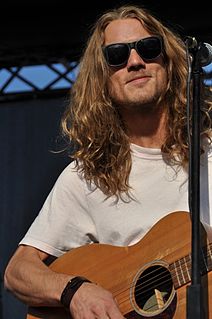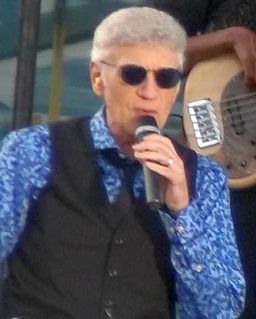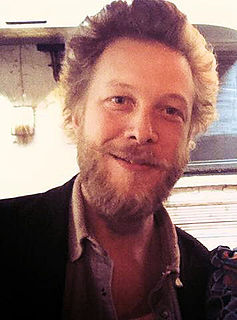A Quote by Dave Grohl
Sharing music is not a crime. It shouldn't be. There should be a deeper meaning to making music than just selling downloads.
Related Quotes
I want people to feel what it was like in the '40s. That's when popular music in the United States was so beautiful. Frank Sinatra, the Pied Pipers, Duke Ellington, Fletcher Henderson, Tommy Dorsey, Billie Holiday. That's when popular music had deeper values, to me. This was music that was selling millions of records.
Nothing has really changed. We had bootleg albums in the '60s and today we have Internet file sharing. They just found a better way to do it -- get music for free. What's great about today is an artist has an opportunity to go direct to their audience without dealing with a middleman. People can go directly to the web for CDs, DVDs and downloads. I think that's the best thing that's happened, that people's music is being flashed around the world.
I'm from Louisiana, and that's where I got my start, in Cajun music. There's a huge music scene down there centered around our culture. Those are people that are not making music for a living. They are making music for the fun of it. And I think that's the best way I could have been introduced to music.




































